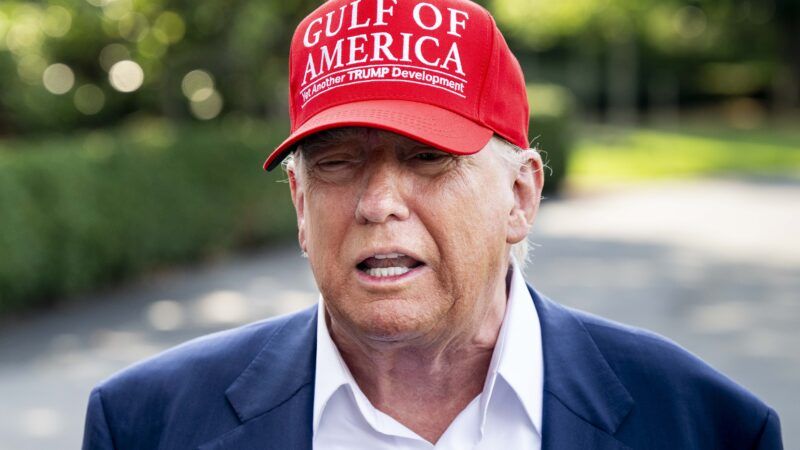When the U.S. Supreme Court ruled against “universal injunctions” last week, President Donald Trump hailed the decision as a “GIANT WIN” for his administration. Trump claimed that “the Birthright Citizenship Hoax”—referring to the conventional understanding of the 14th Amendment—had also been “hit hard,” albeit “indirectly.” However, this interpretation is misleading in two significant ways.
First, the Supreme Court’s decision transcends the current administration, potentially affecting both progressive policies pursued by Democrats and conservative policies favored by Republicans. Second, the majority opinion did not address the legal merits of Trump’s attempt to restrict birthright citizenship through executive order, which remains as constitutionally dubious as ever.
Understanding the Supreme Court’s Decision
On his first day in office, Trump issued an executive order aiming to exclude children of unauthorized immigrants and temporary legal visitors from U.S. citizenship. Under this order, U.S.-born children would qualify for citizenship only if at least one parent is a citizen or lawful permanent resident. This decree led to lawsuits from individuals, organizations, and states, resulting in preliminary injunctions blocking the order’s enforcement nationwide.
The Supreme Court was tasked with determining whether federal courts have the authority to issue injunctions that extend beyond the plaintiffs in the cases before them. Such injunctions have become increasingly common over the decades, used by both Republicans and Democrats to thwart the opposing party’s plans.
“From 1963 to 2023, federal courts issued 127 universal injunctions, with over three-quarters granted during the administrations of George W. Bush, Barack Obama, Trump, and Joe Biden.”
The Historical Context and Legal Implications
The targets of these injunctions have varied widely, covering issues such as international travel restrictions, COVID-19 policies, abortion drugs, environmental regulations, student loan forgiveness, and bans on transgender soldiers. This legal tool lacks a particular political or ideological bias, and its use is often viewed differently depending on which party is in power.
Six justices concluded that universal injunctions are not authorized by the Judiciary Act of 1789. Justice Amy Coney Barrett, writing for the majority, noted,
“The universal injunction was conspicuously nonexistent for most of our Nation’s history. Its absence from 18th- and 19th-century equity practice settles the question of judicial authority.”
Alternative Legal Remedies
The decision leaves open several alternative remedies that could achieve similar outcomes to universal injunctions. The Administrative Procedure Act, for instance, allows federal courts to “set aside” agency actions deemed “arbitrary,” “capricious,” an abuse of discretion, or otherwise contrary to law. Additionally, states can challenge federal policies on behalf of their residents, arguing that nationwide injunctions are necessary for adequate relief.
Another option is class-action lawsuits, where representative plaintiffs can sue on behalf of themselves and all similarly situated individuals, provided they meet the criteria established by the Federal Rules of Civil Procedure.
Dissenting Opinions and Constitutional Concerns
The three justices who dissented argued that universal injunctions are historically validated and appropriate in certain cases. Justice Sonia Sotomayor, joined by Justices Elena Kagan and Ketanji Brown Jackson, stated that such remedies should be available when a law or executive action is clearly unconstitutional.
Trump’s executive order on birthright citizenship appears to fall into this category, contradicting centuries of legal tradition, the original understanding of the 14th Amendment, 127 years of Supreme Court precedent, and the consistent positions of federal officials across all branches of government.
“Despite the president’s rhetoric about ‘the Birthright Citizenship Hoax,’ the Trump administration did not challenge the injunctions against his order as they apply to the plaintiffs, avoiding a constitutional battle it could not win.”
As the legal landscape continues to evolve, this decision underscores the complexity of balancing executive authority with judicial oversight. While Trump’s proclamation of victory may resonate with his supporters, the broader implications of the Supreme Court’s ruling will reverberate across the political spectrum, influencing how future administrations navigate the intricate interplay of law and governance.
